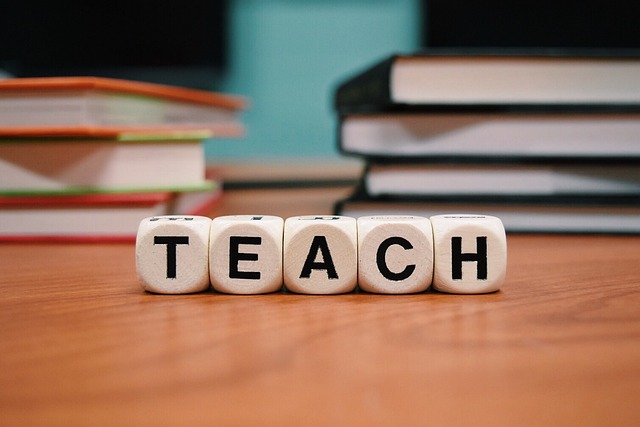The Importance of Reflection in Online Learning
11xplay, laser 247.com, Skylivecasino Login:As a student engaging in online learning, it’s crucial to recognize the significance of reflection in your academic journey. While it may seem like a simple task, taking the time to reflect on your progress, challenges, and achievements can significantly enhance your learning experience. In this blog post, we will explore the importance of reflection in online learning, and why it should be an integral part of your study routine.
Why Reflection Matters in Online Learning
1. Enhances Understanding: Reflection allows you to delve deeper into the material you are studying. By taking the time to reflect on what you have learned, you can gain a deeper understanding of the concepts and apply them more effectively in your assignments and exams.
2. Improves Critical Thinking Skills: Reflecting on your learning experiences can help you develop critical thinking skills. By analyzing your progress, shortcomings, and successes, you can identify areas for improvement and develop strategies to overcome challenges.
3. Promotes Self-Awareness: Reflection is an excellent way to enhance self-awareness. By reflecting on your learning process, you can gain valuable insights into your strengths and weaknesses, as well as your learning preferences. This self-awareness can help you tailor your study habits to maximize your potential.
4. Facilitates Goal Setting: Reflection is essential for setting and achieving goals. By reflecting on your progress regularly, you can track your achievements and adjust your goals as needed. This process can help you stay motivated and focused on your academic objectives.
5. Enhances Retention: Reflecting on what you have learned can improve retention. By reviewing and summarizing key concepts, you can reinforce your understanding and commit the information to long-term memory. This can be particularly beneficial when preparing for exams or assignments.
6. Fosters Continuous Improvement: Reflection is a powerful tool for continuous improvement. By regularly reflecting on your learning experiences, you can identify areas for growth and take proactive steps to enhance your skills and knowledge.
How to Incorporate Reflection into Your Online Learning Routine
1. Keep a Learning Journal: One effective way to incorporate reflection into your online learning routine is to keep a learning journal. Write down your thoughts, observations, and insights after each study session. This can help you track your progress and identify trends in your learning process.
2. Set Aside Time for Reflection: Schedule regular time for reflection in your study routine. Whether it’s at the end of the day, week, or month, taking dedicated time to reflect on your learning experiences can help you stay focused and motivated.
3. Use Reflective Prompts: Utilize reflective prompts to guide your reflection process. Ask yourself questions such as “What did I learn today?” or “What challenges did I face, and how did I overcome them?” These prompts can help you structure your reflections and gain deeper insights into your learning journey.
4. Seek Feedback: Reach out to your instructors, peers, or mentors for feedback on your progress. Their insights can provide valuable perspectives that can enhance your reflection process and help you identify areas for improvement.
5. Celebrate Achievements: Don’t forget to celebrate your achievements along the way. Reflect on your successes and use them as motivation to continue striving for academic excellence.
FAQs
Q: How often should I reflect on my online learning experiences?
A: It’s essential to regularly reflect on your online learning experiences. Aim to reflect at least once a week to track your progress and make adjustments as needed.
Q: Can reflection help me overcome academic challenges?
A: Yes, reflection can be a powerful tool for overcoming academic challenges. By reflecting on your experiences, you can identify areas for improvement and develop strategies to address any obstacles you may encounter.
Q: What is the best way to structure my reflections?
A: There is no one-size-fits-all approach to structuring reflections. Experiment with different methods, such as writing in a journal, creating mind maps, or engaging in group discussions, to find the format that works best for you.
In conclusion, reflection is an essential component of online learning that can enhance your understanding, critical thinking skills, self-awareness, and goal-setting abilities. By incorporating reflection into your study routine, you can maximize your learning potential and achieve academic success. So, take the time to reflect on your learning experiences, celebrate your achievements, and embrace continuous improvement as you navigate your online learning journey.







